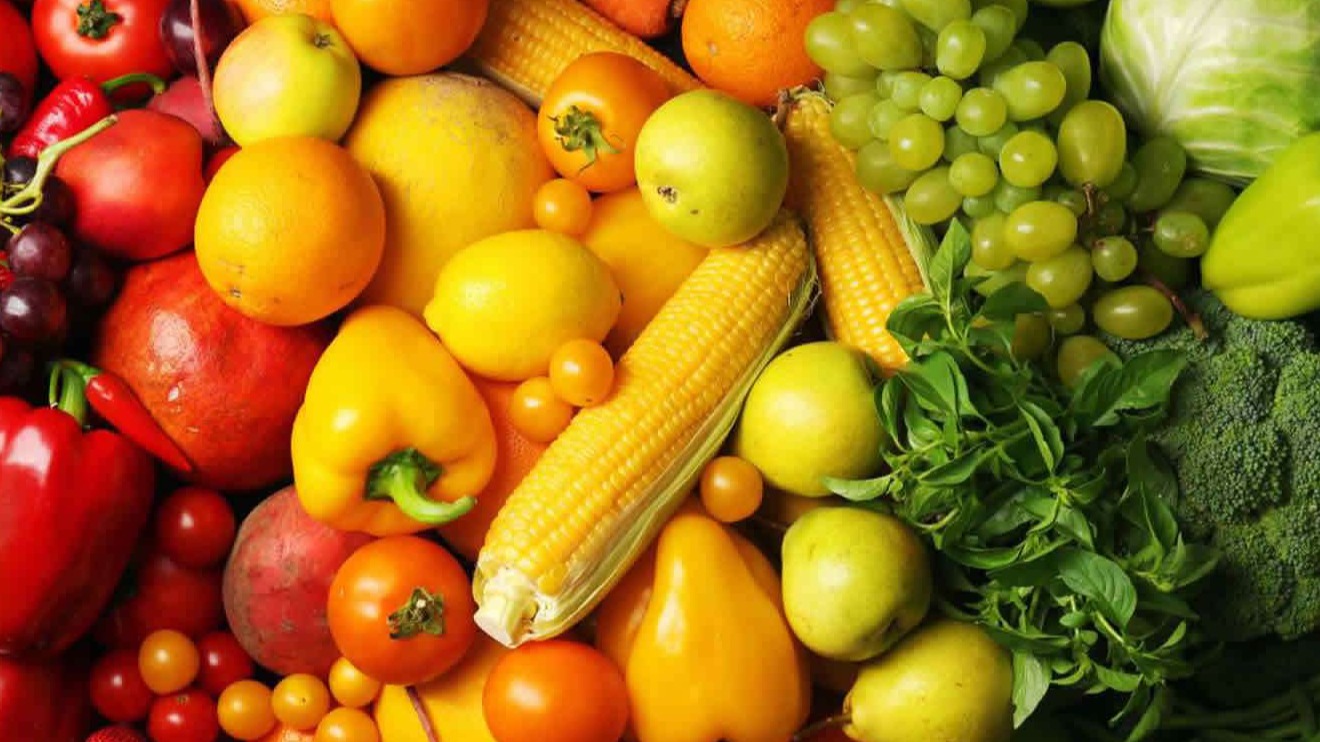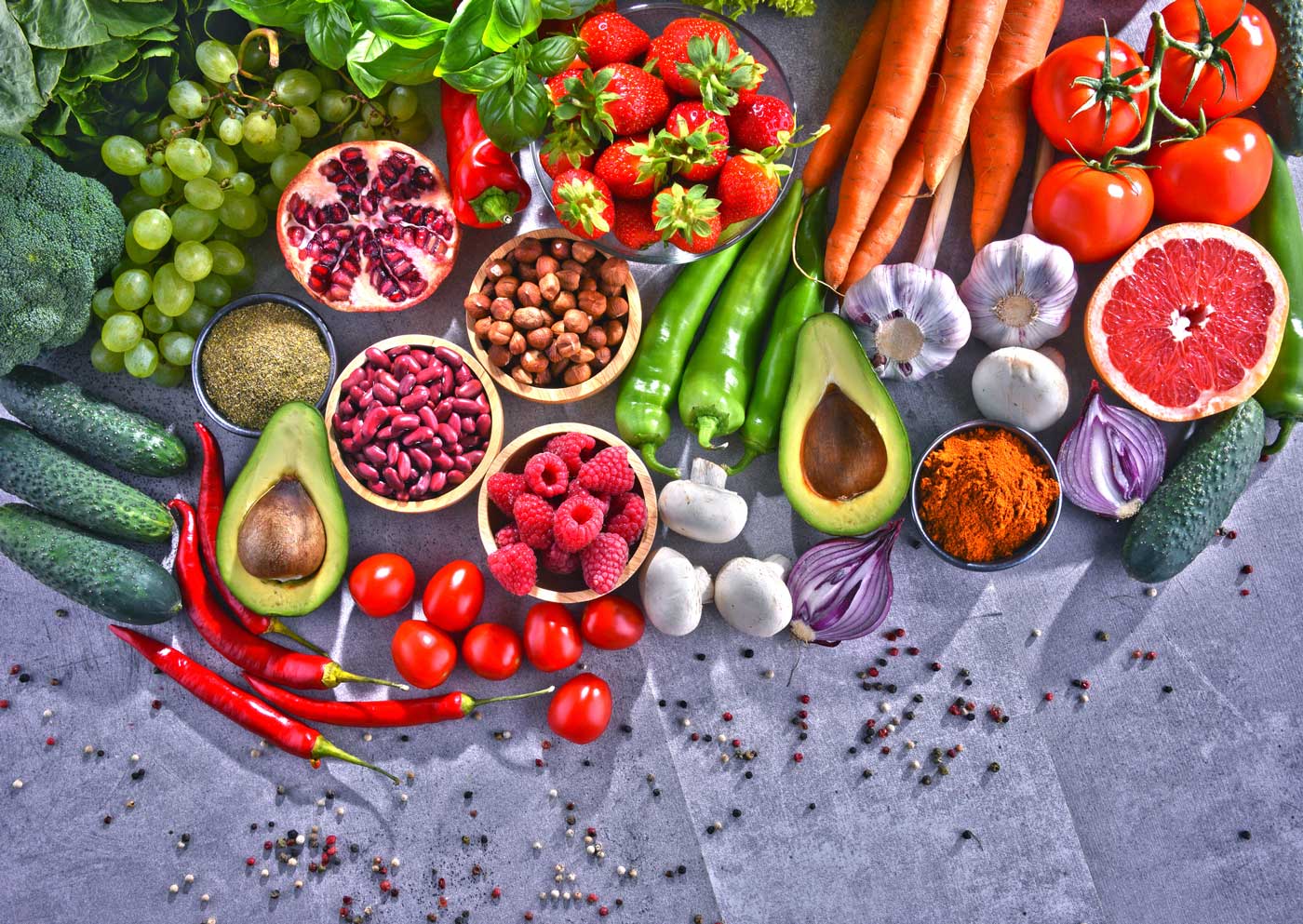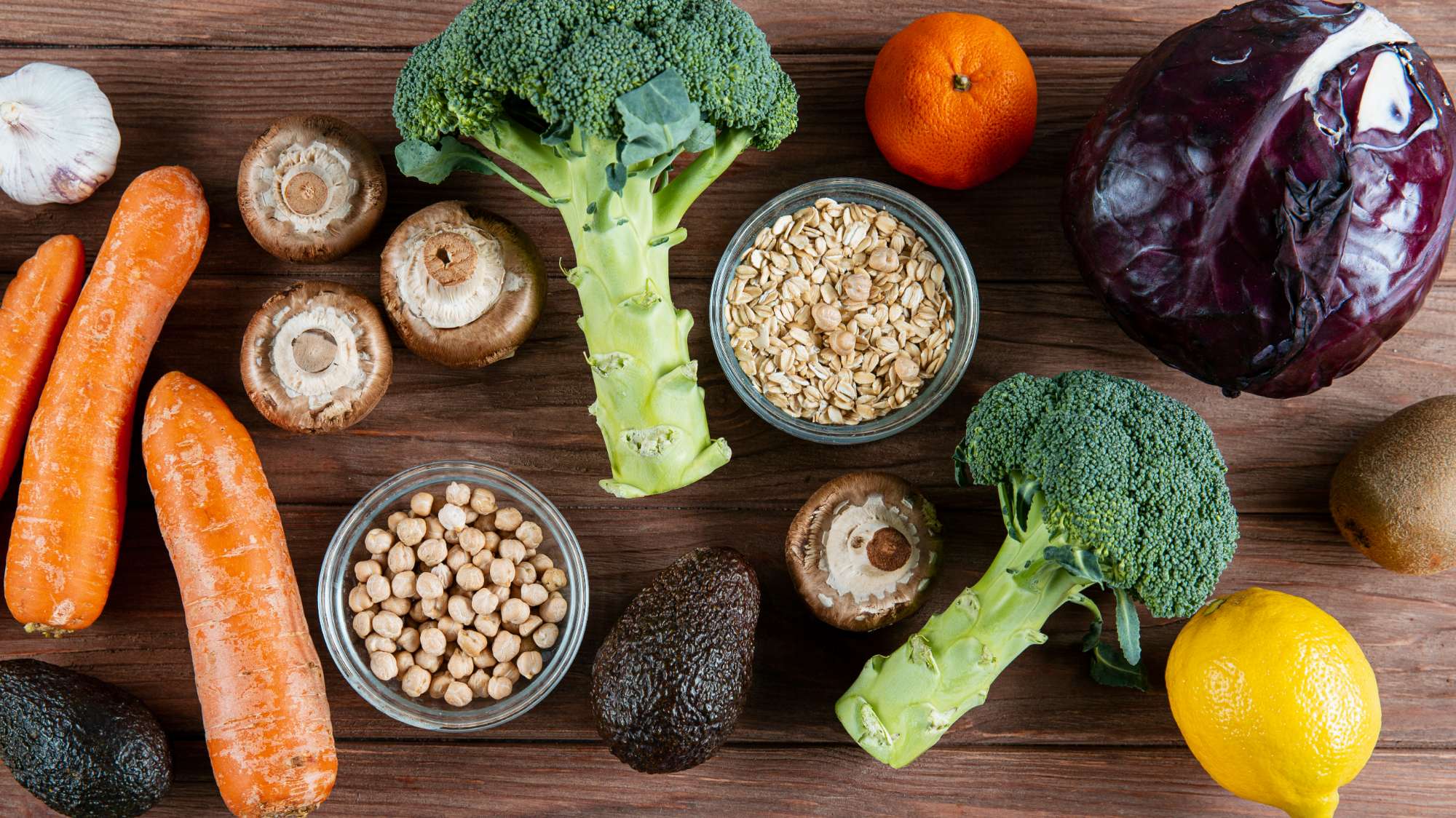Apricots load many vitamins and minerals
Apricots load many vitamins and minerals
Apricot are full of vitamins and minerals. They give many health benefits, such as improved digestion and eye health, make a great addition to a healthful diet.
Apricots (Prunus armeniaca) are stone fruits also known as Armenian plums. Apricots are small, yellow, tart-tasting fruits with a stone in the middle. When ripe, apricots's flesh is soft and somewhat juicy, and they have a velvety skin with soft fuzz.
Apricot are full of vitamins and minerals. They give many health benefits, such as improved digestion and eye health, make a great addition to a healthful diet.
Apricots originated in China, where it was first cultivated about 4,000 years ago. This delicious stone fruit held high favor with locals, traders, and travelers, so that it was began its journey west along the Silk Road. Over time, apricots began growing across Central Asia and the Middle East.
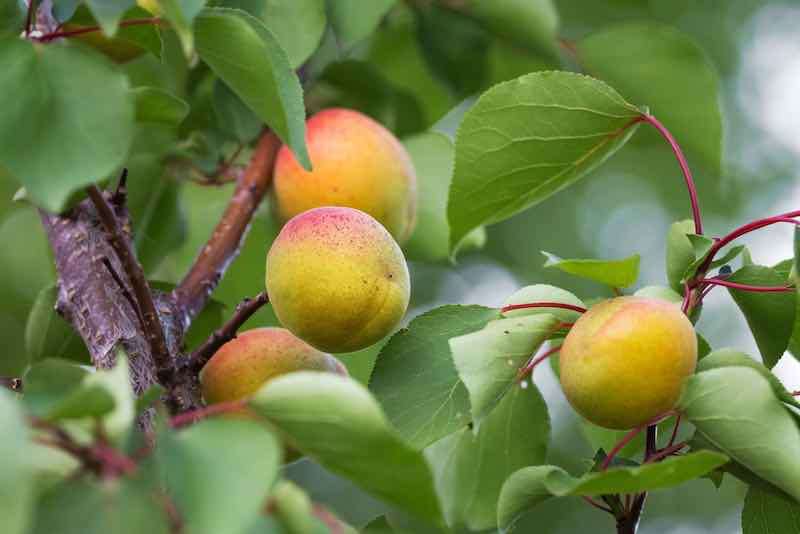

THE DIFFERENCE BETWEEN A PEACH AND AN APRICOT
Apricots and Peaches are from the same botanical family - Prunus. Apricots are classified as Prunus Armeniaca, while Peaches are termed Prunus Persica.
Both fruits are harvested during the late spring and summer, both have golden yellow to orange colored skin with patches of red or rose, both have fuzzy skin, and both are technically drupes or stone-fruits, owing to the hard stone at the center that holds the seed or kernel.
The most obvious difference between these two fruits are:
- Peaches are larger than apricots, sometimes twice as big.
- When ripe, Peaches are juicier, sweeter than apricots.
- Apricots have a much tarter flavor than peaches.
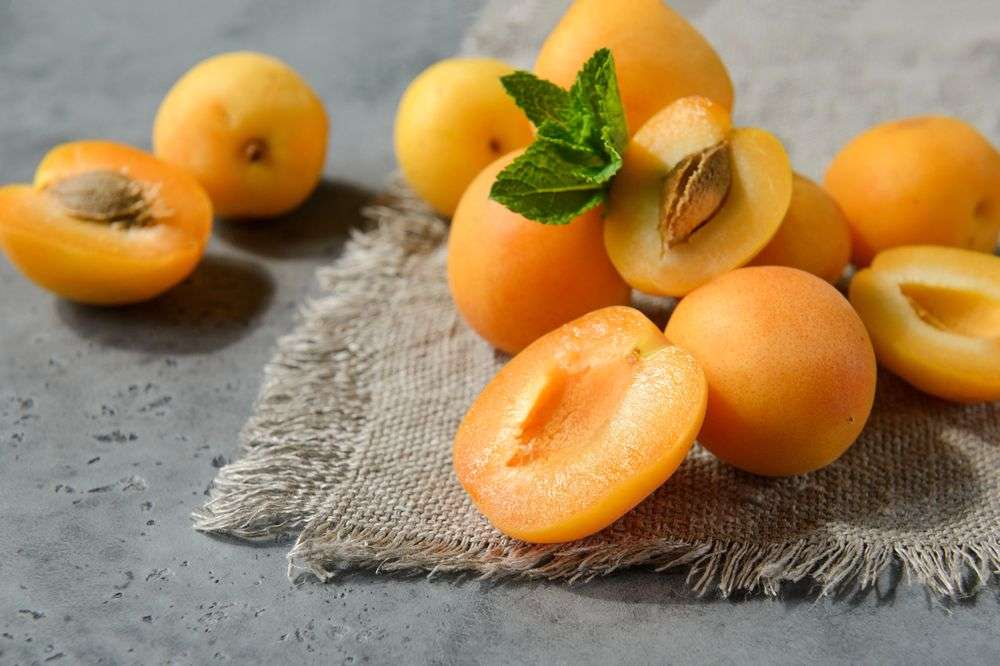
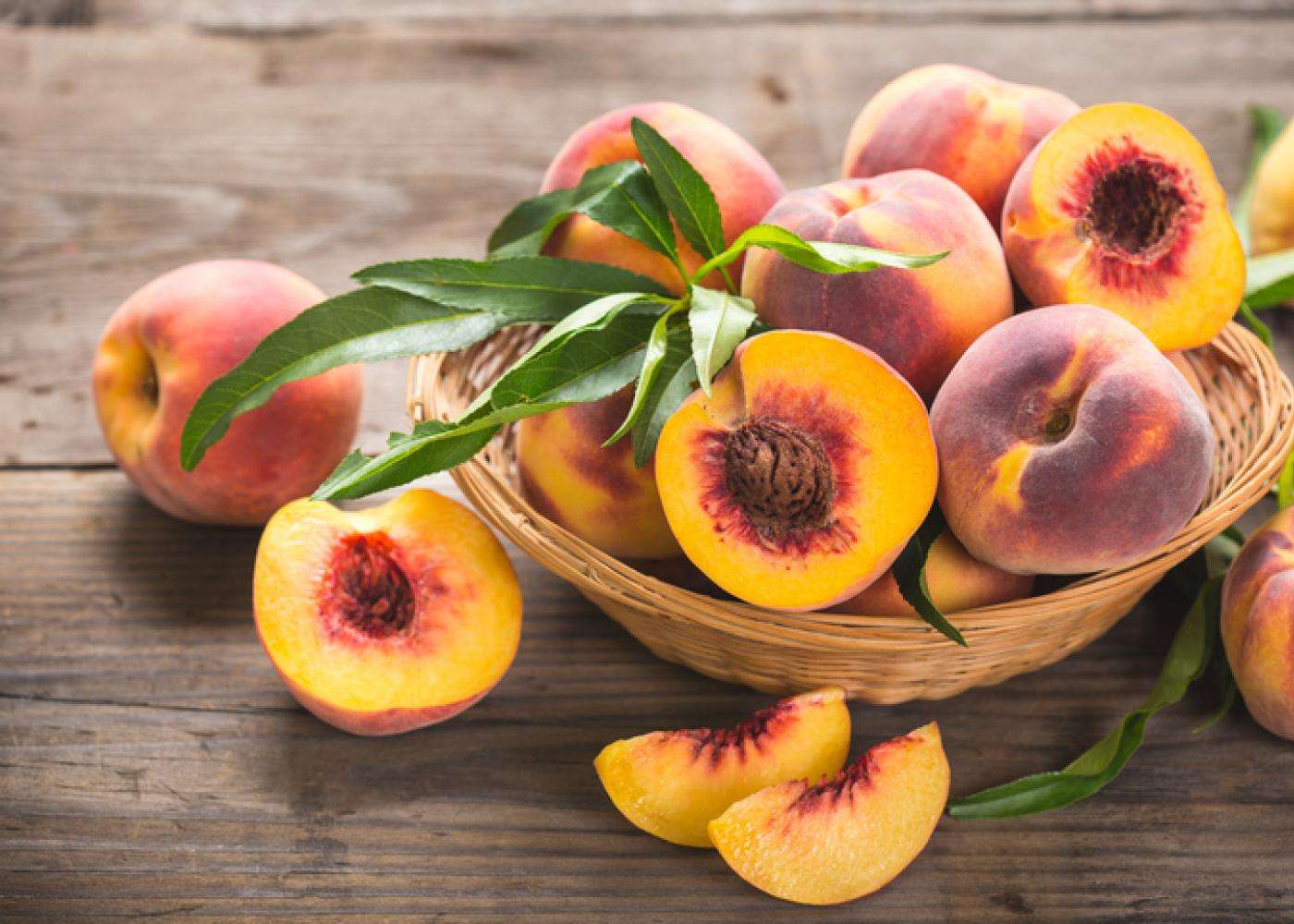
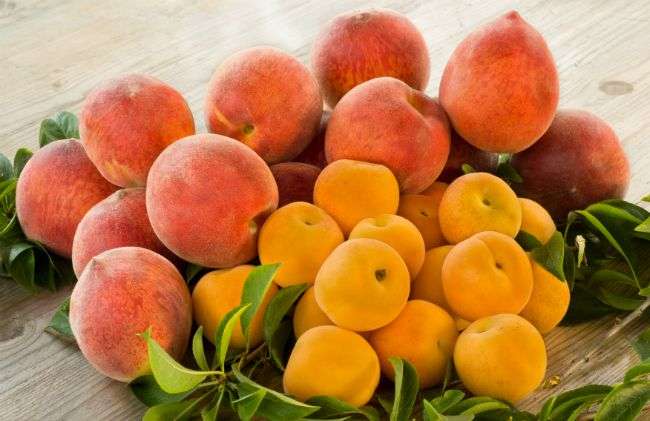
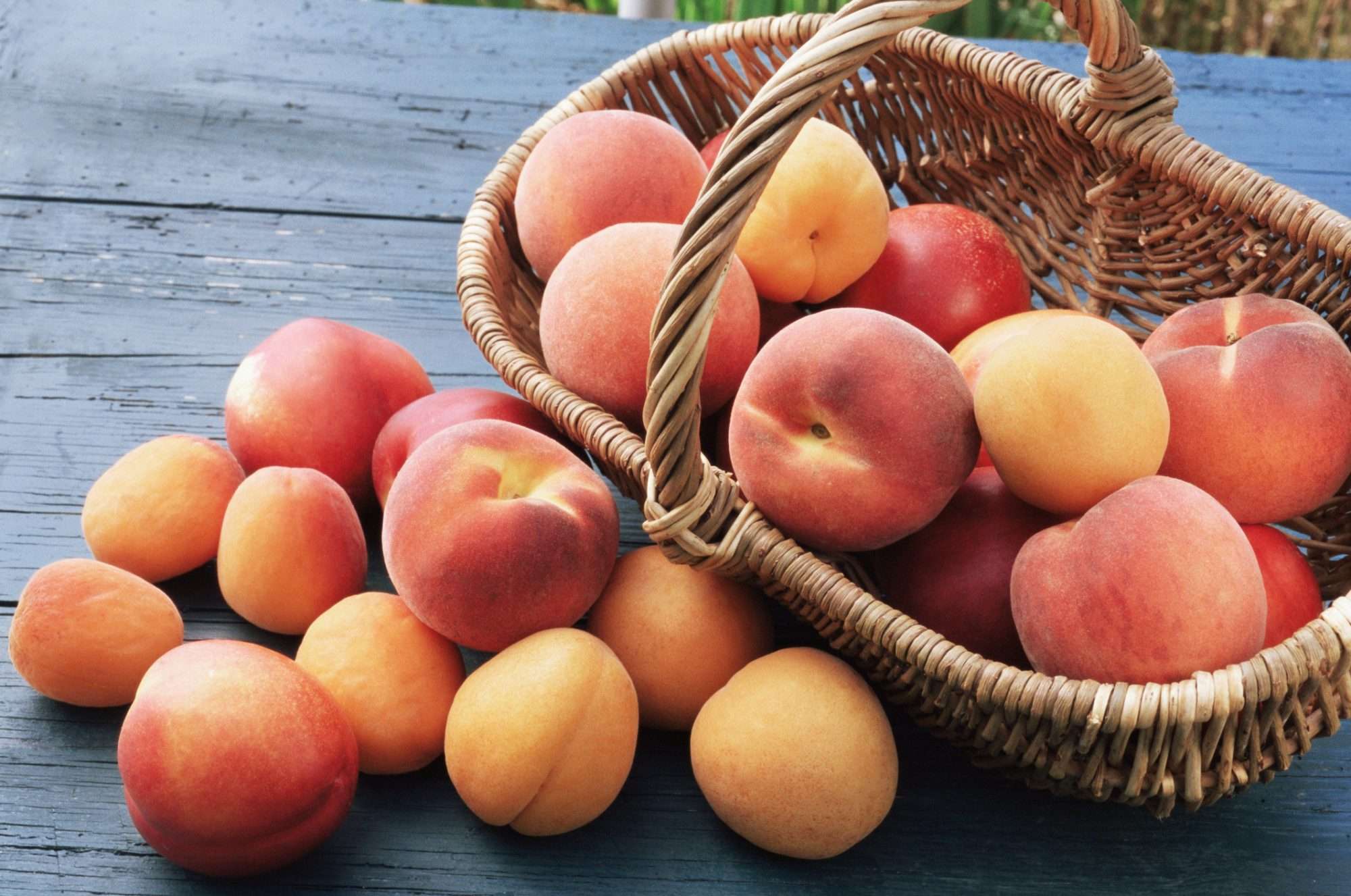
NUTRITIONAL VALUE
According to the U.S. Department of Agriculture, one 35g apricot contains the following:
- Energy: 16.8 calories, protein: 0.49g, fat: 0.14g, carbohydrates: 3.89, fiber: 0.7g, sugars: 3.23g.
- Calcium: 4.55 milligrams (mg), iron: 0.14mg, magnesium: 3.5mg, phosphorus: 8.05mg, potassium: 90.6mg, sodium: 0.35mg, zinc: 0.07mg, copper: 0.03mg, selenium: 0.04 micrograms (mcg).
- Vitamin C: 3.5mg, thiamine: 0.01mg, riboflavin: 0.01mg, niacin: 0.21mg, vitamin B-6: 0.02mg, vitamin A: 33.6mcg, beta-carotene: 383mcg, vitamin E: 0.31mg, vitamin K: 1.16mcg.
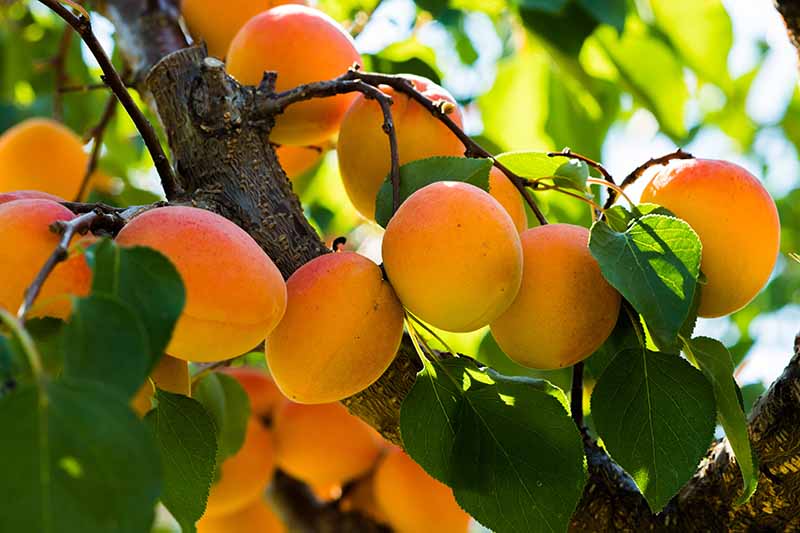
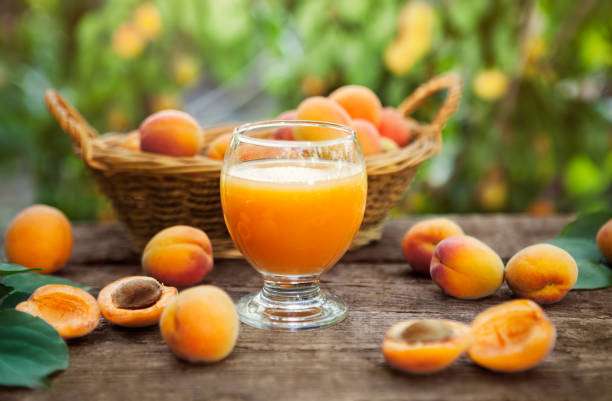
HIGH IN ANTIOXIDANTS
Apricots are a great source of many antioxidants, including beta carotene and vitamins A, C, and E.
What’s more, they’re high in a group of polyphenol antioxidants called flavonoids, which have been shown to protect against illnesses, including diabetes and heart disease. The main flavonoids in apricots are chlorogenic acids, catechins, and quercetin. These compounds work to neutralize free radicals, which are harmful compounds that damage your cells and cause oxidative stress. Oxidative stress is linked to obesity and many chronic diseases, such as heart disease.
In one study in 2,375 people, researchers developed a scoring system to measure changes in levels of inflammatory markers. They found that high flavonoid and anthocyanin intakes were associated with a 42% and 73% lower inflammation score, respectively. High flavonoid intake was also tied to a 56% lower oxidative stress score.
HIGH IN POTASSIUM
Apricots are high in potassium, a mineral that also serves as an electrolyte. In your body, it’s responsible for sending nerve signals and regulating muscle contractions and fluid balance. Two apricots (70 grams) provide 181 mg of this mineral, which is 4% of the DV.
As potassium works closely with sodium to maintain fluid balance, adequate intake may help prevent bloating and maintain healthy blood pressure. One analysis of 33 studies found that a diet rich in potassium significantly reduced blood pressure and resulted in a 24% lower risk of stroke.
HIGH IN HYDRATING
Like most fruits, apricots are naturally high in water, which can help regulate blood pressure, body temperature, joint health, and heart rate. One cup about 165 grams of sliced, fresh apricots provides almost 2/3 cup about 142 ml of water.
As most people don’t drink enough water, eating fresh fruit can help you reach your daily needs. If you’re dehydrated, your blood volume drops, forcing your heart to work harder to pump blood. Furthermore, staying hydrated allows your blood to circulate waste products and nutrients throughout your body. What’s more, eating apricots can be an easy way to replenish both water and electrolyte loss after exercise, as this fruit offers good amounts of water and potassium.
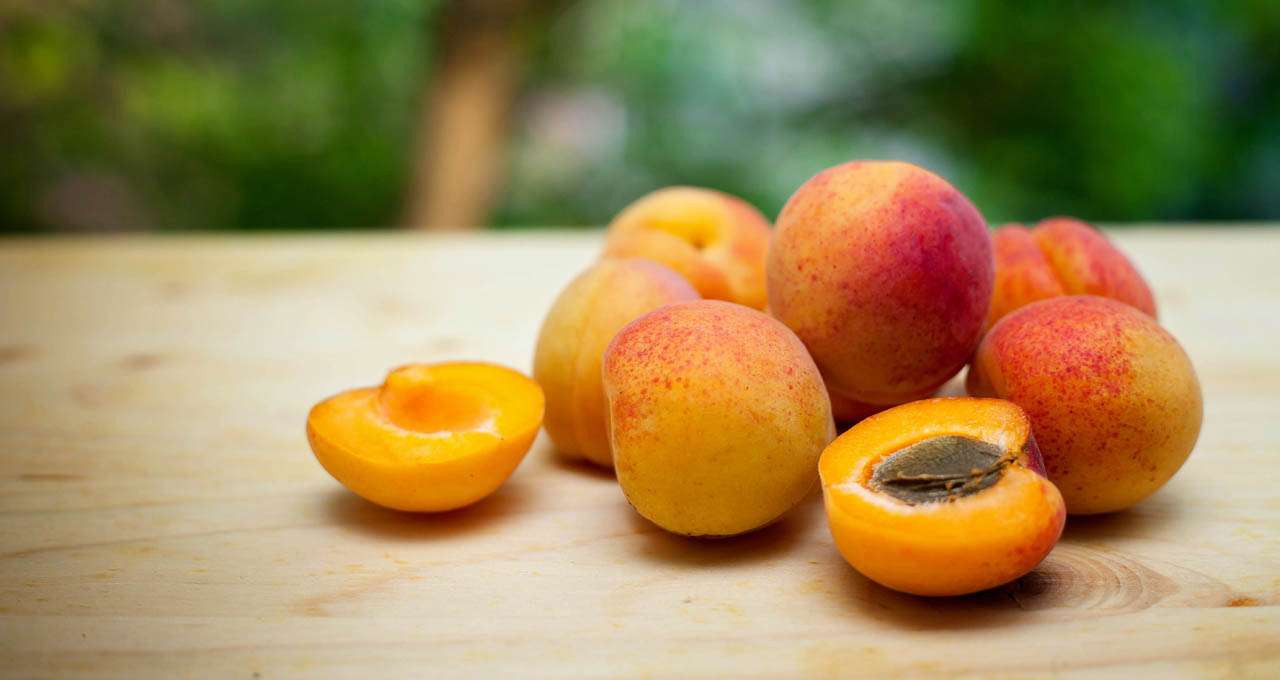
MAY PROMOTE EYE HEALTH
Apricots are an excellent source of beta carotene, lutein, zeaxanthin, and vitamins C and E. These nutrients protect your eyes against damage.
Vitamin A plays a vital role in preventing night blindness, a disorder caused by lack of light pigments in your eyes, while vitamin E is a fat-soluble antioxidant that enters your eyes directly to protect them from free radical damage.
Meanwhile, beta carotene which gives apricots their yellow-orange color, serves as a precursor to vitamin A, meaning that your body can convert it into this vitamin.
Other important apricot carotenoids include lutein and zeaxanthin. Found in the lenses and retinas of your eyes, they safeguard against oxidative stress.
MAY BOOST SKIN HEALTH
The main causes of wrinkles and skin damage are environmental factors, such as the sun, pollution, and cigarette smoke. What’s more, research indicates a direct link between ultraviolet (UV) light exposure, sunburns, and your risk of melanoma, a deadly form of skin cancer.
Notably, you can fight some of this skin damage through a healthy diet full of antioxidants, which apricots provide.
Vitamins C and E, both found in this fruit, may aid your skin. In particular, vitamin C protects against UV damage and environmental pollutants by neutralizing free radicals. Furthermore, this vitamin helps build collagen, which gives your skin strength and elasticity. Eating a diet high in vitamin C can help your skin heal from UV damage and prevent wrinkles.
Beta carotene, another apricot nutrient, may protect against sunburns. In a 10-week study, supplementing with beta carotene reduced sunburn risk by 20%. While you should still use sunscreen, munching on apricots may offer additional protection.
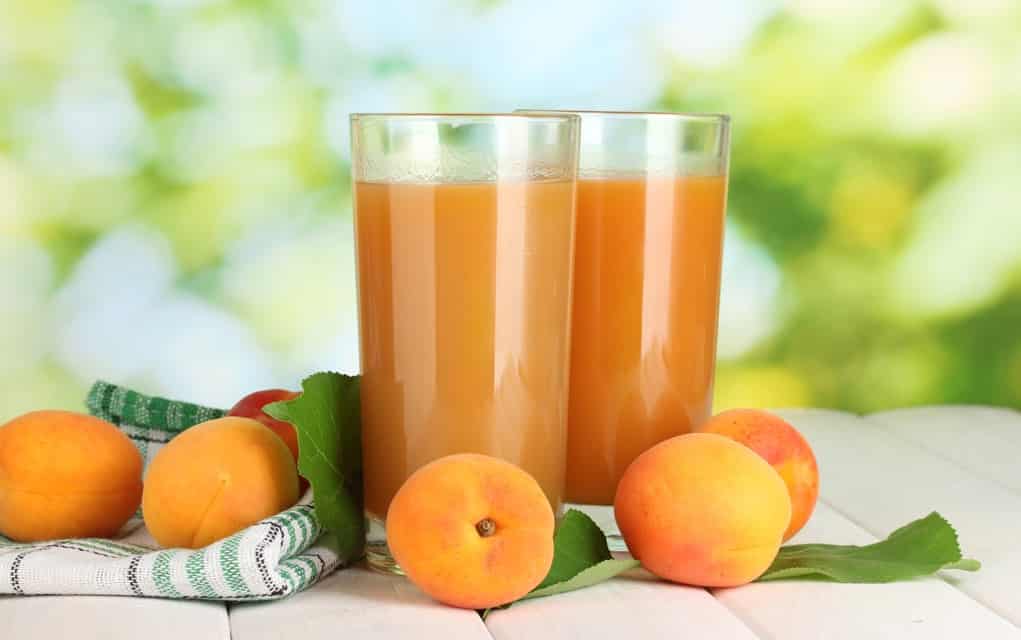
MAY PROMOTE GUT HEALTH
Apricots are a good source of soluble fiber, which feeds your healthy gut bacteria and may boost digestive health.
One cup about 165 grams of sliced apricots provides 3.3 grams of fiber, which is 8.6% and 13.2% of the DV for men and women, respectively. Apricots contain both soluble and insoluble fiber. The soluble kind dissolves in water and includes pectin, gums, and long chains of sugar called polysaccharides, while the insoluble kind doesn’t dissolve in water and includes cellulose, hemicellulose, and lignin.
Apricots are particularly high in soluble fiber, which is important for maintaining healthy blood sugar and cholesterol levels. Furthermore, fiber delays the movement of food through your digestive tract and feeds your beneficial gut bacteria. A healthier gut microbiome is linked to a lower risk of obesity.
MAY PROTECT YOUR LIVER
Some data suggests that apricots may help protect your liver from oxidative stress.
In two animal studies, rats fed alcohol and apricots had lower levels of liver enzymes and markers of inflammation than rats given alcohol but no apricots. This research suggests that apricots may help prevent liver damage because of their naturally high antioxidant content. That said, it’s hard to know whether this fruit provides the same benefit in humans. More research is necessary.
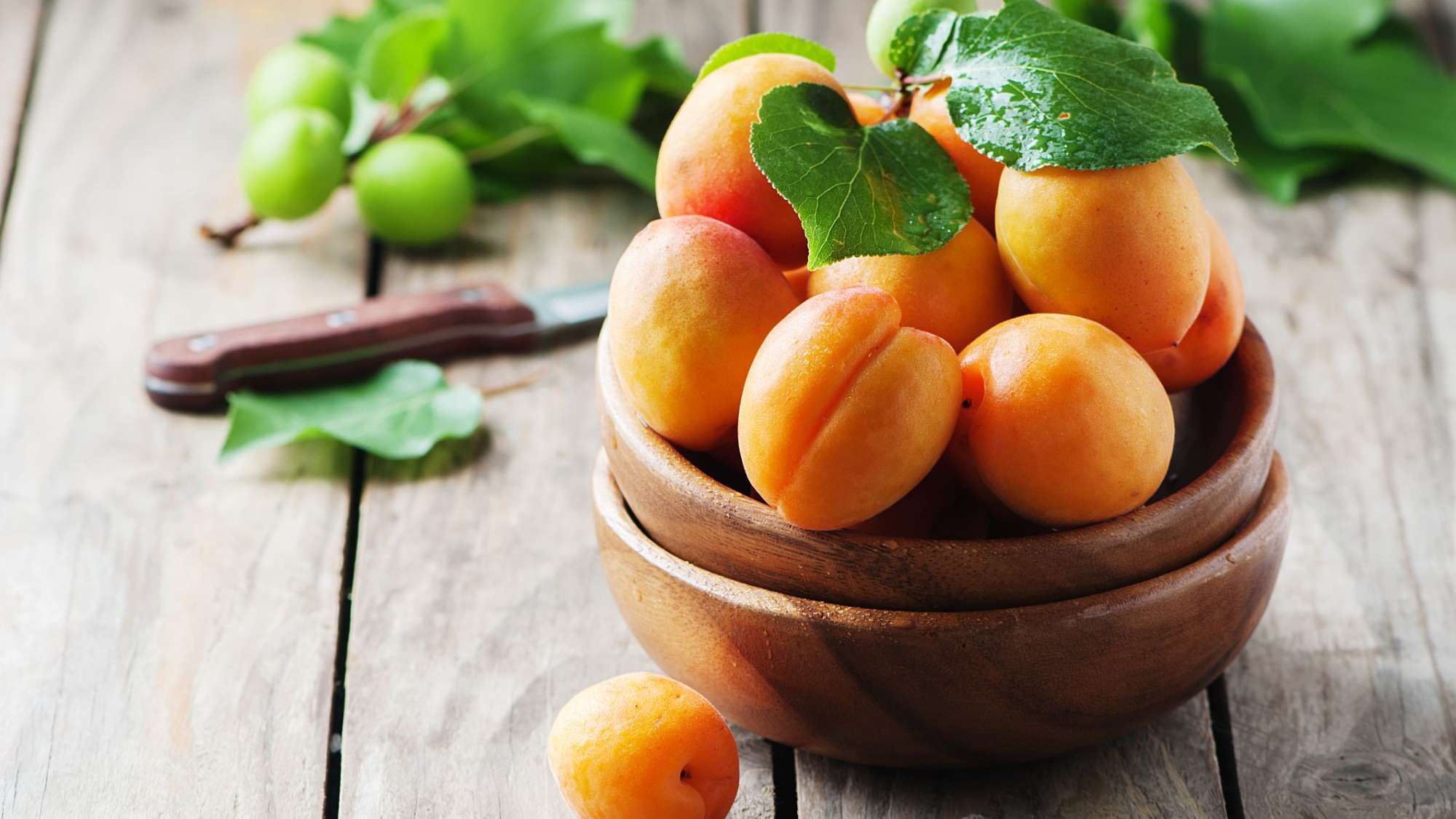
HOW TO EAT
Apricots are safe to eat raw. The fruit should be wash first, then slice it in half and take out the stone. Dried and fresh apricots are tasty additions to a yogurt or porridge, for either breakfast or a snack. Some studies have shownTrusted Source that freezing or canning apricots does not seem to reduce their nutritional value. It is important to note that people should eat a range of fruits and vegetables, as part of a balanced diet, to make sure that they are getting all the nutrients their bodies need.
STORAGE
Unripe apricots will continue to ripen if left at room temperature in a paper bag, away from sunlight. Check the ripening progress often as they will quickly deteriorate. Once ripened, store for no more than a few days in the refrigerator. To freeze apricots, slice them in half and remove the pit, then store in airtight baggies in the freezer for up to three months. Apricots may also be packed in sugar or syrup for freezing and frozen up to 1 year. Dried apricots should be stored in the refrigerator, where they will last up to 6 months.

Compiled and penned by Crocus Media
Products
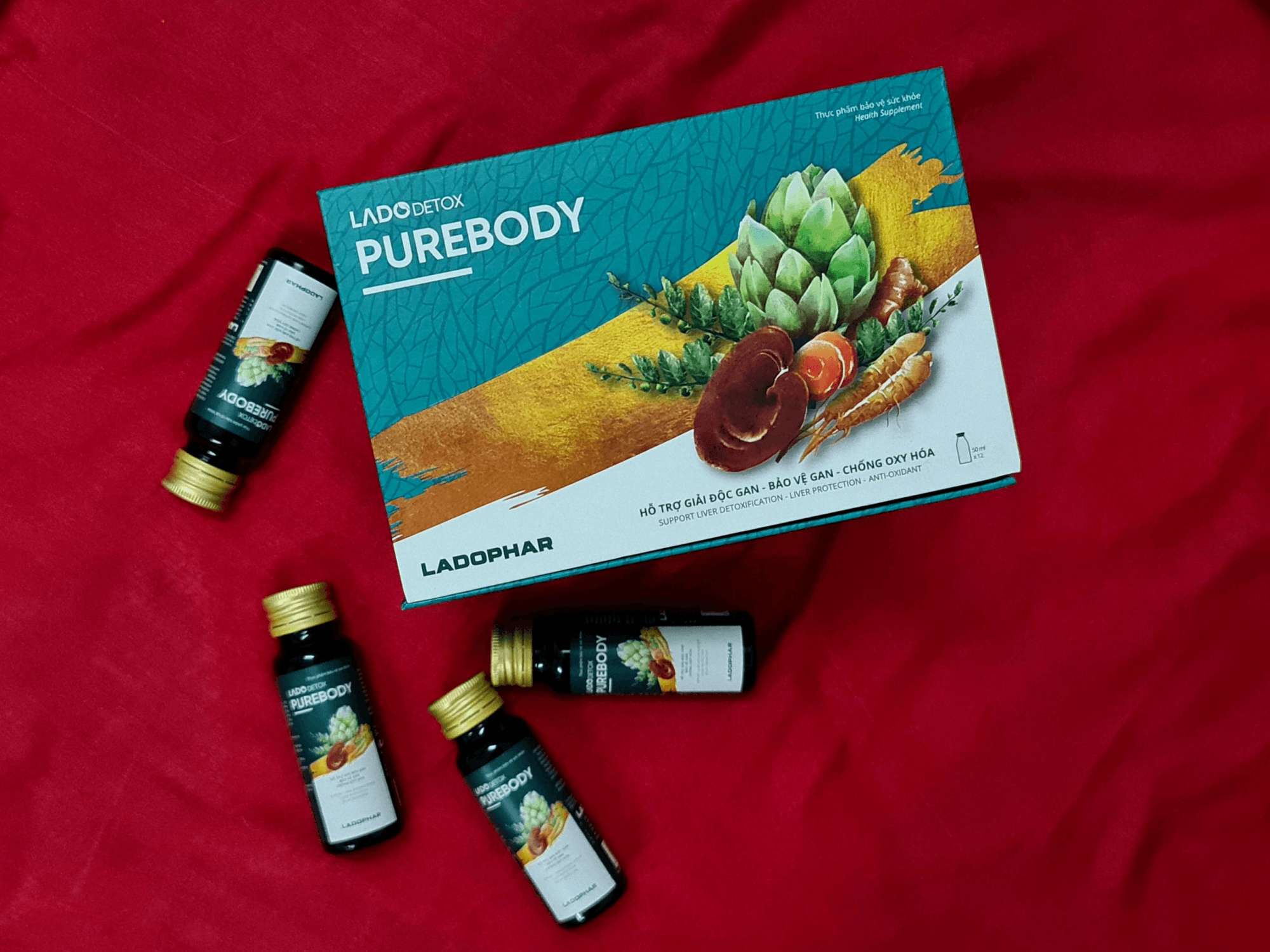
Lado Detox Purebody
Perceived as the breakthrough and comprehensive detox solution, coming from the essence of five precious herbs for health are Artichoke, Phyllanthus urinaria, Lingzhi, Codonopsis javanica and Curcumin help to effectively eliminate toxins and at the same time nurtures body healthy remain youthful.

